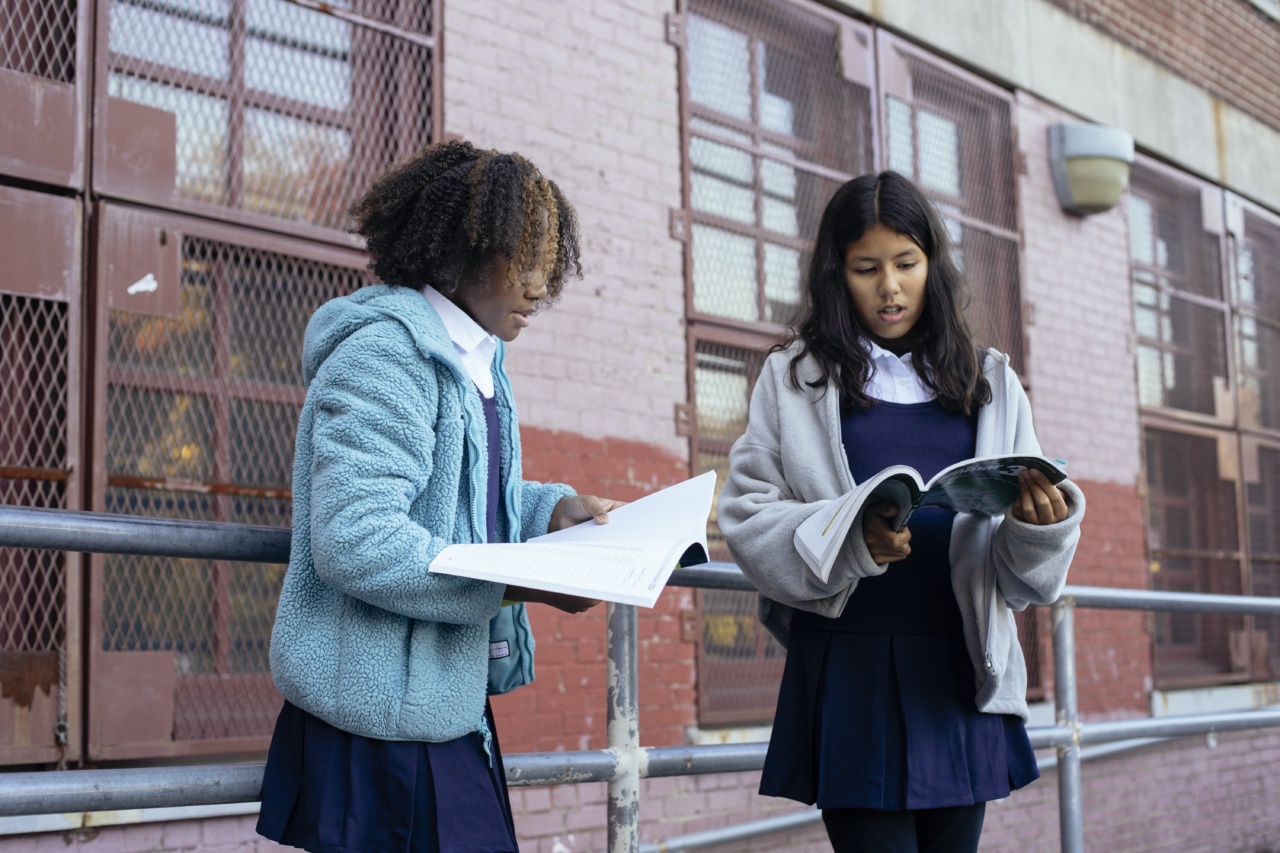As the summer comes to an end, it’s time to gear up for the new school year. While you may have already prepared your child with supplies, backpacks, and new clothing, one essential aspect of their preparation often gets overlooked – their eyes.
Vision problems can significantly impact a child’s academic performance, making it crucial to schedule an ophthalmological testing before the school year begins. In this article, we will explore the importance of regular eye exams and how they can contribute to your child’s success in the classroom.
Why are Regular Eye Exams Important?
Regular eye exams are essential for maintaining good eye health and detecting any vision problems. For children, these exams are particularly crucial as their eyes are still developing, and any issues need to be identified and addressed early on.
Ophthalmological testing can help identify common vision problems such as nearsightedness, farsightedness, astigmatism, and even eye conditions like amblyopia or strabismus.
Vision plays a vital role in learning and academic performance. If a child is struggling to see clearly or is experiencing eye fatigue, it can hinder their ability to focus and comprehend information.
Undetected vision problems can lead to difficulties with reading, writing, and overall engagement in the classroom. By scheduling regular eye exams, you can stay updated on your child’s eye health and ensure they have the necessary visual acuity to excel academically.
The Right Time for an Eye Exam
While schools usually conduct vision screenings, they are not a substitute for a comprehensive eye examination performed by an ophthalmologist or optometrist.
It is recommended to schedule an appointment for ophthalmological testing before the school year begins or as soon as you notice any signs of vision problems in your child.
Common signs that may indicate the need for an eye exam include:.
- Squinting or frequent blinking
- Holding books or digital devices too close to their face
- Excessive eye rubbing or tearing
- Difficulty reading or following along in class
- Complaining of headaches or eye strain
- Tilting of the head or covering one eye
If your child exhibits any of these signs, it is wise to seek professional eye care to identify and address any underlying vision issues.
What to Expect During an Ophthalmological Testing
Ophthalmological testing encompasses a series of examinations and assessments to evaluate your child’s eye health and vision. These tests may include:.
1. Visual Acuity Test
The visual acuity test measures how well your child can see at various distances. The familiar eye chart is commonly used for this test, where your child needs to read letters or symbols from a specific distance.
This test helps detect nearsightedness, farsightedness, and astigmatism.
2. Refraction Test
The refraction test determines your child’s exact prescription for glasses or contact lenses. It is performed using a phoropter to determine the lens power needed to correct any refractive errors.
3. Binocular Vision Test
The binocular vision test assesses how well your child’s eyes work together. It helps detect conditions like strabismus, where the eyes are misaligned, or amblyopia, commonly known as lazy eye.
4. Eye Alignment Test
This test evaluates the alignment and coordination of your child’s eyes. It detects any eye movement disorders or misalignments that can affect their vision and depth perception.
5. Eye Pressure Test
An eye pressure test, also known as tonometry, checks for the risk of glaucoma, a condition characterized by increased pressure within the eye.
6. Retinal Examination
A retinal examination allows the ophthalmologist to examine the back of your child’s eye, including the retina and optic nerve. It helps identify any signs of eye diseases or abnormalities that may affect their vision.
Tips for Preparing Your Child for Ophthalmological Testing
Preparing your child for an eye exam can help alleviate any concerns or anxieties they may have. Here are some tips to make the experience smooth and stress-free:.
- Explain to your child why eye exams are essential and how they can help them succeed in school.
- Assure them that the exam is painless and non-invasive.
- Encourage them to ask questions and express any concerns they may have.
- Make sure they get a good night’s sleep before the appointment.
- Bring their current glasses or contact lenses, if applicable.
- Let the eye care professional know about any family history of eye conditions.
By following these tips, you can help your child feel more comfortable and relaxed during their ophthalmological testing, ensuring accurate and comprehensive results.
Take Action for Your Child’s Success
Don’t let vision problems hinder your child’s academic success. Take action by scheduling an ophthalmological testing and ensuring their eyes are in good health.
Regular eye exams not only help detect and treat vision issues but also contribute to overall eye wellness. Make the necessary preparations for your child’s school year by prioritizing their eye health.




























